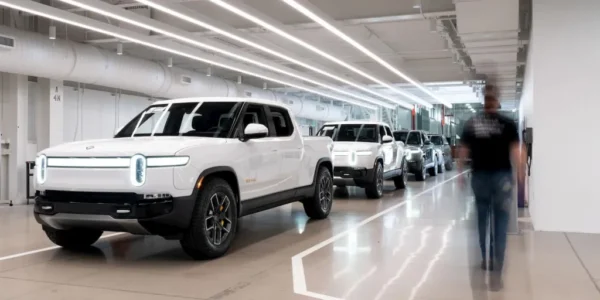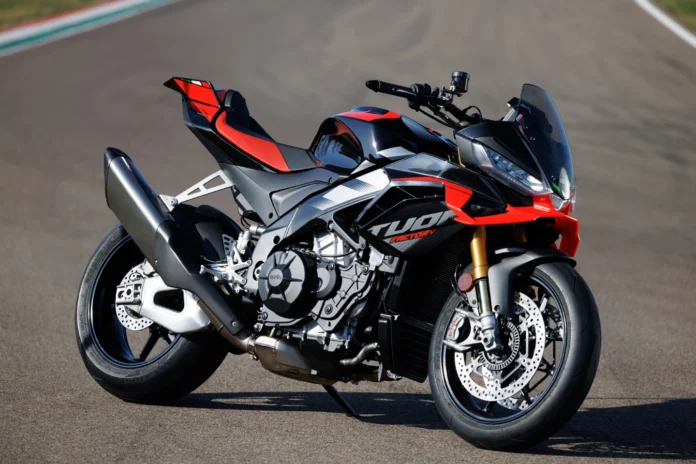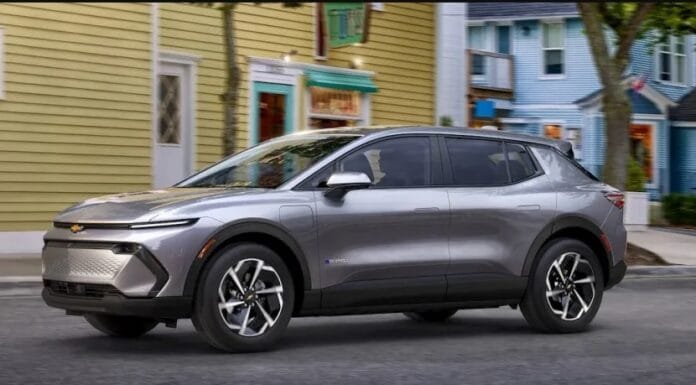Introduction
The auto industry has been grappling with the aftermath of the Trump administration’s implementation of additional import tariffs on vehicles and components. This policy shift has left many car companies in disarray, leading to postponed financial guidance and significant adjustments in supply chain strategies.

Rivian’s Radical Approach
In contrast to its competitors, Rivian, a California-based electric vehicle (EV) startup, has opted for a proactive measure to circumvent the increased tariffs on essential electric car components. Late last year, Rivian began stockpiling high-voltage batteries, strategically acquiring lithium iron phosphate (LFP) battery cells from China’s Gotion High-Tech Co. This acquisition was reported to occur ahead of last year’s U.S. presidential election, showcasing Rivian’s foresight in turbulent times.
Future Outlook
This shift towards LFP batteries isn’t merely a short-term fix; it represents Rivian’s commitment to maintaining its production pace without significantly raising prices for consumers. Alongside this, Rivian has partnered with Samsung SDI to import lithium-ion nickel manganese cobalt (NMC) batteries, crucial for the more potent versions of their R1s and R1t models. As Rivian gears up for the production of the R2 electric SUV next year at its Normal, Illinois facility, the anticipated availability of U.S.-made cylindrical cells—eight times the capacity of their current batteries—could further stabilize their supply chain. This strategic stockpiling exemplifies Rivian’s ability to adapt and thrive in a challenging market, maintaining competitive pricing while ensuring their customers receive innovative products.




